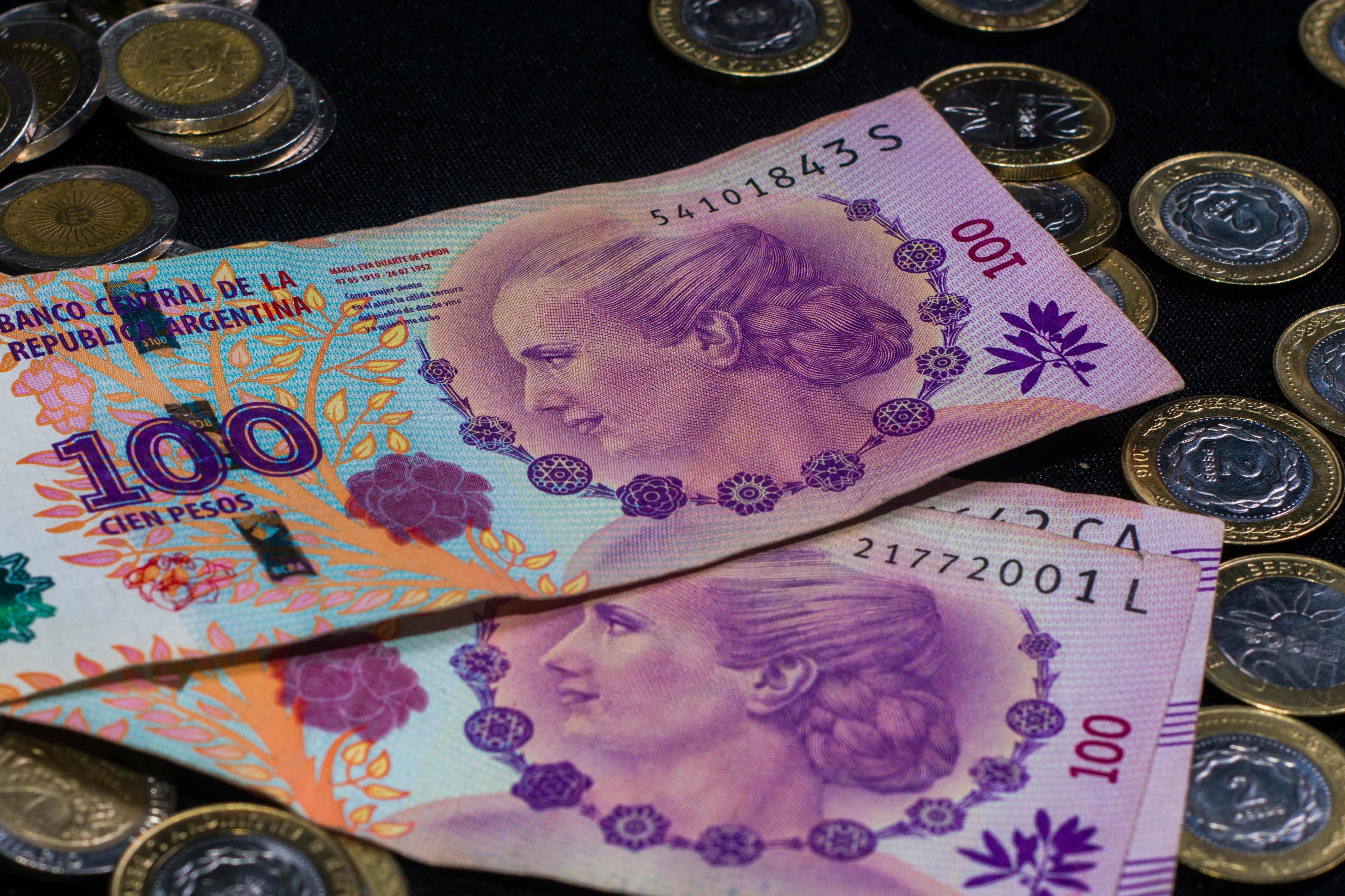Argentinas Peso Plummet: Implications For Mileis Economic Reform Agenda

Argentina's peso has recently experienced a steep decline, raising significant concerns for the country's economic stability and posing serious challenges for presidential candidate Javier Milei. Milei's economic reform agenda, which includes the removal of currency controls, is now under scrutiny as the gap between official and unofficial exchange rates widens.
Background Information
Argentina's economy has long been plagued by high inflation, substantial fiscal deficits, and periodic currency crises. Currency controls have been a key tool used by the government to manage these issues, albeit with mixed results. Javier Milei, a prominent libertarian economist and presidential candidate, has proposed a bold reform agenda that includes dismantling these currency controls to foster a more liberalized and efficient market.
Details of the Peso’s Decline
The peso has recently plummeted in value, exacerbating the economic instability that Argentina is facing. The gap between the official exchange rate, set by the government, and the unofficial (or black market) rate has widened significantly. This discrepancy highlights the market's lack of confidence in the official rate and the overall economic policies in place.
Several factors have contributed to the peso's depreciation, including political uncertainty, declining foreign reserves, and ongoing inflationary pressures. The government's attempts to stabilize the currency through intervention and controls have so far proven ineffective.
Implications for Milei’s Economic Agenda
The recent decline in the peso presents a major challenge for Milei's plan to remove currency controls. In an already volatile economic environment, lifting these controls could lead to further devaluation, hyperinflation, and capital flight. Milei’s proposed reforms are intended to stimulate economic growth and attract foreign investment, but the current instability complicates these objectives.
Experts warn that implementing such radical changes without a stable currency could backfire, leading to severe economic repercussions. Milei must now consider whether to adjust his policies or devise strategies to mitigate the risks associated with removing currency controls in this precarious context.
Economic and Political Reactions
Milei has addressed the peso's decline by reiterating his commitment to economic reform, arguing that liberalization is essential for long-term stability and growth. However, his opponents and some economic analysts have expressed skepticism, questioning the feasibility of his plans amid the current crisis.
Other political figures have called for more cautious approaches, advocating for measures to stabilize the currency before undertaking significant policy shifts. Public sentiment is mixed, with many Argentinians concerned about the immediate impacts on their livelihoods and savings.
Possible Strategies and Solutions
To address the peso's decline, Milei might consider a phased approach to removing currency controls, coupled with measures to bolster investor confidence and stabilize the economy. This could include strengthening monetary policy, securing international financial support, and implementing fiscal reforms to reduce deficits.
Lessons from other countries that have faced similar challenges, such as Brazil and Turkey, could provide valuable insights. These nations have used a combination of market liberalization, fiscal discipline, and monetary stabilization to navigate currency crises successfully.
Future Outlook
The short-term outlook for Argentina’s economy remains uncertain, with the peso's decline casting a shadow over Milei's reform agenda. If the currency crisis continues, it could undermine Milei’s campaign and influence voter perceptions ahead of the election. However, if managed effectively, the crisis could also present an opportunity for Milei to demonstrate his economic acumen and leadership.
In the long term, the resolution of the peso's instability will be crucial for Argentina’s economic health and its ability to attract foreign investment. The broader implications for the country's economic policy and international relations will depend on the strategies adopted in response to the current challenges.
Conclusion
The recent plunge in Argentina's peso has significant implications for Javier Milei’s economic reform agenda, particularly his plans to remove currency controls. The widening gap between official and unofficial exchange rates highlights the complexities of implementing such reforms in a volatile economic environment. As Milei navigates these challenges, the outcome will be closely watched by voters and economic stakeholders, shaping the future of Argentina’s economy and its political landscape.
Author: Gerardine Lucero
Gyrostat Capital Management: Why Risk Management Is Not About Predicting Risk
Why Risk Management is Not About Predicting Risk Financial markets reward confidence, but they punish certai... Read more
Gyrostat January Outlook: Calm At Multiyear Extremes
This monthly Gyrostat Risk-Managed Market Outlook does not attempt to forecast market direction. Its p... Read more
Gyrostat December Outlook: The Market Does The Work
Harnessing Natural Volatility for Consistent Returns Markets have always moved more th... Read more
Gyrostat Capital Management: Why Advisers Must Scenario-Plan Both The Bubble And The Bust
The Blind Spot: Why Advisers Must Scenario-Plan Both The Bubble and The Bust In financial m... Read more
Gyrostat Capital Management: The Hidden Architecture Of Consequences
When Structures Themselves Become A Risk In portfolio construction, risk is rarely where we look for it.... Read more
Gyrostat November Outlook: The Rising Cost Of Doing Nothing
Through the second half of 2025, markets have delivered a curious mix of surface tranquillity and instabi... Read more

